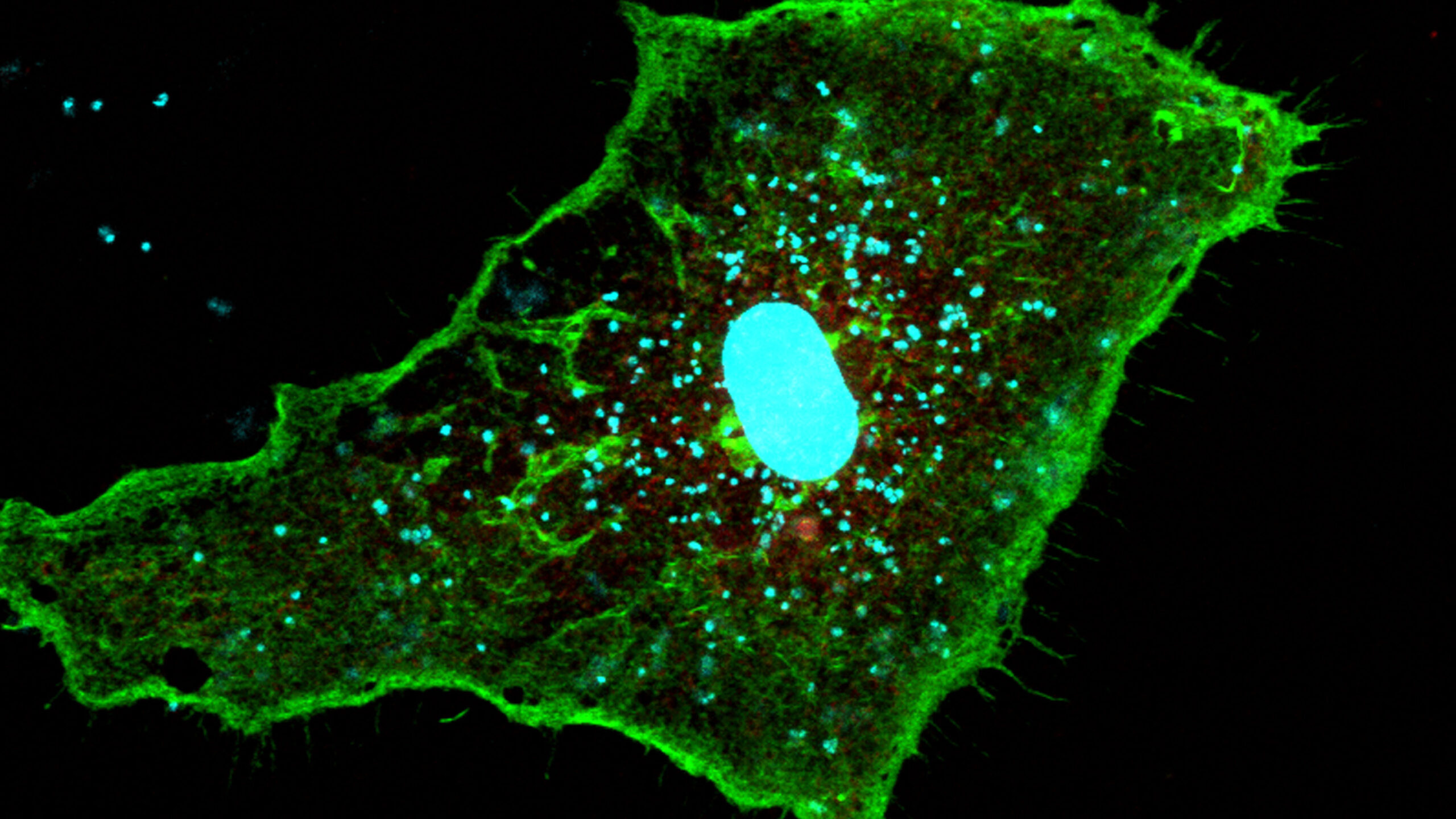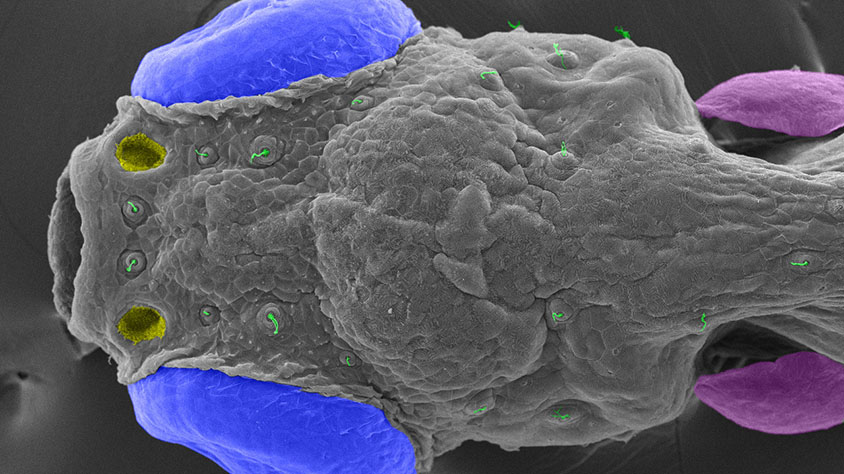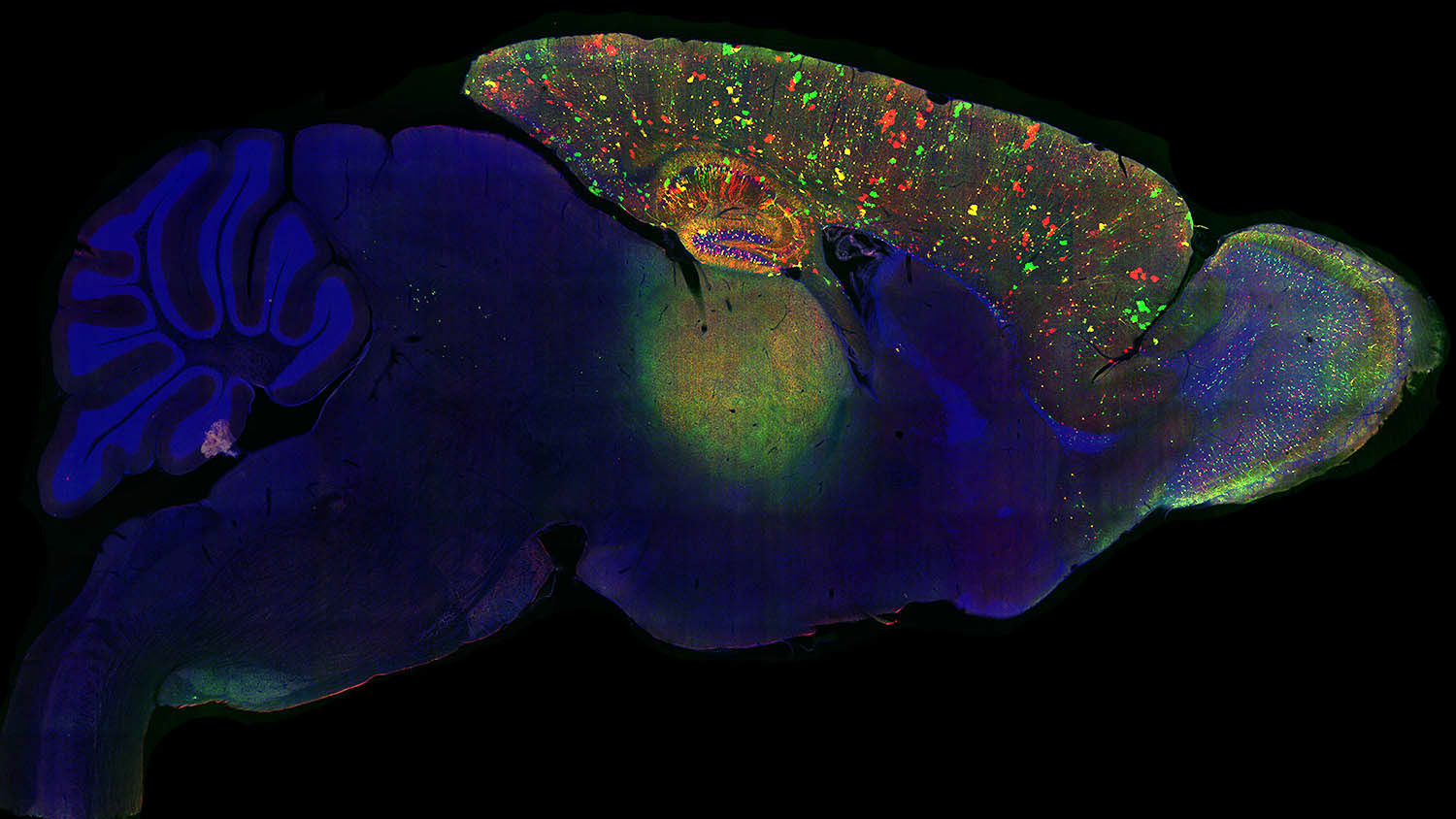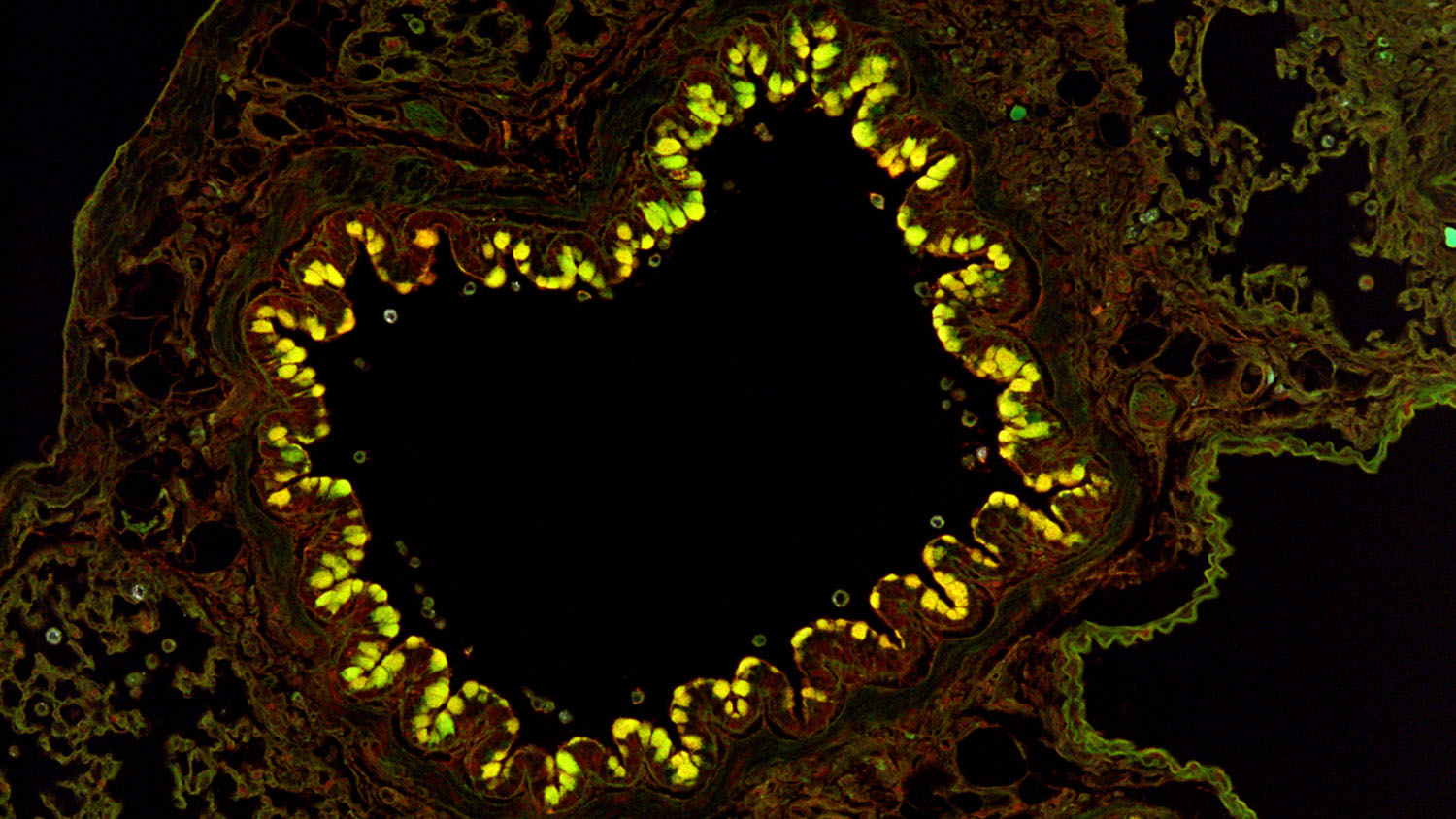
Research
Environmental factors are increasingly recognized as having significant contributions to the health of human populations.
At NC State, our aim is to ready future environmental health scientists to tackle today’s research challenges at the molecular, individual, and population health levels and apply this knowledge to prevent and/or reduce adverse impacts on human health. In order to accomplish this aim, we leverage our unique strengths and provide trainees with multidisciplinary didactic training in toxicology, molecular and cellular biology, molecular genetics, data science and statistics.
Given the breadth of environmental factors and the complexity of this field, it is imperative to train the next generation of toxicologists/environmental health scientists to be adept at conducting high impact research, communicate effectively to a wide variety of audiences, and work as part of multidisciplinary teams to understand how human health is impacted by environmental factors.
Interdisciplinary research training
Toxicology students utilize innovative genetic, molecular, and cellular-based systems and powerful in vitro and in vivo vertebrate and invertebrate model organisms to conduct fundamental research to define mechanisms by which environmental exposures promote disease. Trainees also work with human population scientists who identify key human pathways that link exposure to disease, through mechanisms including epigenomic modifications, across populations. All students will have access to and instruction in the use of cutting-edge imaging, sequencing and analytical technologies to study the effect(s) of environmental stressors on the genome, epigenome, transcriptome, proteome, lipidome and metabolome though an extensive omics infrastructure established at NC State
Environmental Health Research Centers
The Center for Human Heath and the Environment and Center for Environmental and Health Effects of PFAS facilitate collaborations among participating mentors/trainees and provide access to cutting-edge institutional infrastructure and financial support to advance EHS research at NC State. Our training grant and both centers serve as an extraordinary resource for trainees through access to core facilities, sponsored symposia, seminars, workshops and professional development opportunities.
Seminar series
A weekly research seminar series provides a forum for invited scientists and graduate students/postdocs to present and discuss their research. Each semester a former student is invited back to present a seminar and to share their career experiences with current students and postdocs.

Join a top environmental health research PhD training program



